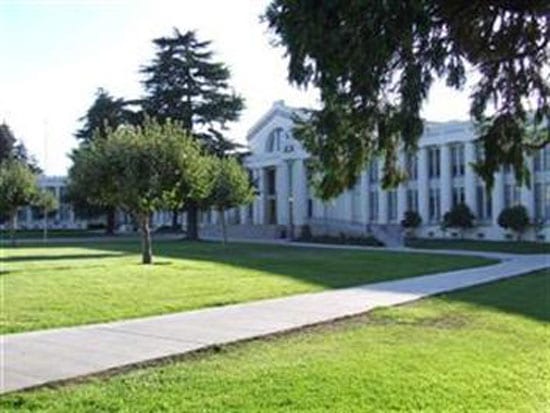
February 4, 2019; Gritpost
By an overwhelming majority of 95 percent in favor, with an 84 percent turnout rate, teachers in Oakland, California, voted this week to go on strike by the end of the month if their demands for better pay, smaller class sizes, and increased student support are not met. The community, including students and parents, has rallied to support the teachers, who say that the school district’s policies are outdated. This kind of coalition-building between teachers and parents appears to be gaining steam, and the demands reflect the alliance.
According to their strike preparation toolkit, teachers are fighting for “a living wage for all educators,” “class size reductions,” and “additional student supports.” This combination of issues is becoming increasingly common as the #RedforEd movement spreads from one state or city to the next.
In Oakland, teachers and parents are prepared for the strike; the recent #RedforEd wins across the country, they say, have given them confidence they will prevail. Local, state, and national teachers’ associations are all strongly supportive: the Oakland Education Association tweeted their support, as did the California Teachers Association, and the National Education Association.
The toolkit for teachers includes advice on financial planning in case the strike causes breaks in pay. Parents in the district are preparing to support a strike as well. While many individual parents in other cities experiencing strike have expressed support for teachers, Oakland parents seem unusually prepared. A group called Parents United for Public Schools published a guide to help parents provide logistical support for the strike.
Sign up for our free newsletters
Subscribe to NPQ's newsletters to have our top stories delivered directly to your inbox.
By signing up, you agree to our privacy policy and terms of use, and to receive messages from NPQ and our partners.
The important thing here is to share the load. Teachers will be busy teaching, preparing for a strike and ultimately on the picket line, so it is up to parents to organize. Form committees to cover tasks such as solidarity schools, food distribution, picket line staffing and teacher appreciations. Select one person to act as the Parent Strike Team Leader, to coordinate with the Teacher leader and the Union.
The district has said that schools will remain open during the strike, and staff will be shifted around to cover classes.
Ali Tayadon of the East Bay Times said that Superintendent Kyla Johnson-Trammell told reporters, “The district is grappling with a budget shortfall that could steadily reach $56 million by the 2020–21 school year unless drastic cost-reduction measures are taken, such as possibly closing as many as two dozen schools…The district estimates it will cost about $3.5 million a year for each one percent pay raise.”
Oakland schools have been teetering on the edge of protest for a while. Last July, protracted negotiations over how charters and public schools would work together already recognized the problem of insufficient funding that was perhaps spread too thinly. A conflict erupted when the state board of education overrode the school district to approve yet another charter. (About one quarter of Oakland’s students are enrolled in one of over 40 charter schools in the district.)
Glen Price, chief deputy superintendent of the California Department of Education, said the superintendent had “a lot of responsibility” to help the district improve its finances “without the necessary authority.” State policy does not allow for districts to consider the fiscal impact of approving a new charter on extant public schools, so nearly a third of student-driven funding has been drained from some school systems. Los Angeles’ teachers faced a similar issue and have been fighting for a moratorium on all new charters.
As strikes across the country win funding for districts and help usher teachers into public office, the momentum of #RedForEd will be an interesting coalition strategy to watch.—Erin Rubin













